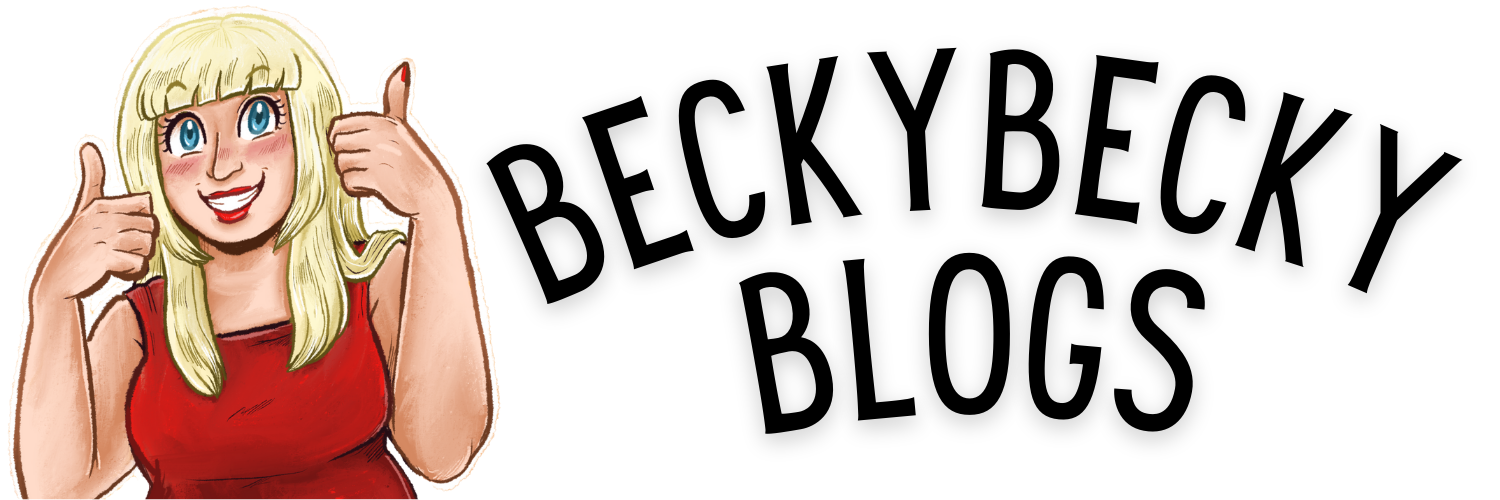Megagames are run differently all over the world. Even within countries or even cities, the way megagames are run can vary significantly, from group to group and designer to designer.
I’ve attended megagames run by 13 different organisations or gaming groups, so I’d like to think I’ve picked up some of the specific ways that various groups operate differently, from a logistical perspective, as opposed to the design side.
From all of this, I’ve picked up some tips and tricks for running a megagame that aren’t yet standard in the field. Granted, they may never become standard. But I think they’re good things to include, and wanted to share them… for the good of all megagaming!
1. Casting questionnaires
At some point I’ll do a proper blog post about casting, including looking at the “player-side vs designer-side” casting question. But if you’re doing designer-side casting, I’d highly recommend including a casting questionnaire as part of your process.
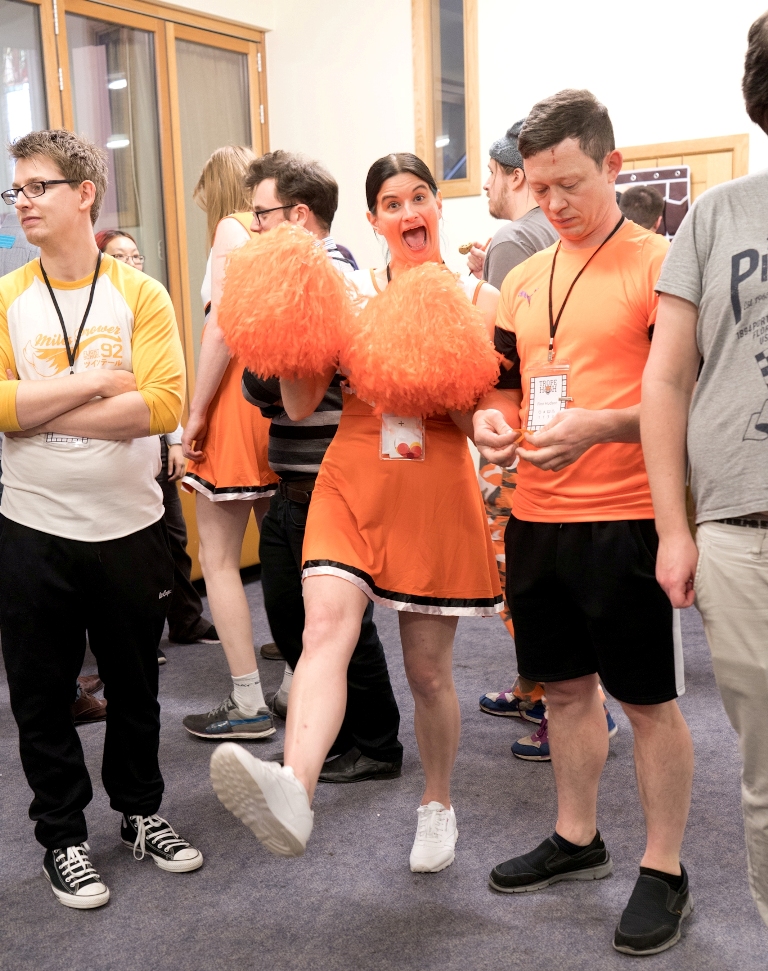
The questionnaire doesn’t have to be long or complicated, but it should be an essential part of signup – in the same way that a player isn’t confirmed as attending if they haven’t paid, they’re not confirmed if they haven’t completed the character questionnaire. In fact, ideally it should be done at the point that players first register for the game or pay for their ticket.
Some good questions to include are:
- How many megagames have you played before? This is useful to ensure you don’t have a team of all newbies and the experienced players are distributed throughout game.
- Do you prefer mechanics or roleplay roles? I tend to do this as a five-point scale, containing “just mechanics”, “more mechanics than roleplay”, “equal”, “more roleplay than mechanics”, “just roleplay”.
- Do you prefer to play antagonistically or cooperatively? This helps you cast important roles such as a team traitor, or a deputy who must remain loyal.
- What is your preferred character gender? The relevance of this often depends on the game – for example, a historical game may feature male primogeniture that restricts the actions of female roles. It’s a good idea to be upfront about these sorts of restrictions.
- Please list up to two other players you would like to interact with during the game. You will usually use this to cast newer players in the same team as at least one or two of their friends, and with more experienced players you can consider how to cast people in interesting dynamics.
- Is there anyone you would prefer not to interact with? This can be a useful way of minimising interpersonal issues on the day.
- How can we make the game more accessible for you? Accessibility can be a challenge to manage at megagames, so asking outright is the best plan. It’s often a good idea to include known accessibility issues (e.g. no step-free access) upfront.
- Do you have any specific role preferences? This is the one question that usually makes it onto sign up forms, and it’s useful to include. Maybe someone will tell you they’d love to play press or they really don’t fancy one particular team.
This list isn’t exhaustive, and you might find questions that work better for your specific game.
2. Control briefings
I’m not referring to a briefing document; I’m talking about an in-person or online briefing session for all members of your Control team. This is beneficial for a number of reasons.
Firstly, it allows your Control to become more familiar with your mechanics and setting, in a really in-depth way. By demoing your map game, your council game and any other key mechanics, they will be able to pick apart the rules and ask tricky questions that are likely to arise on the day. And you can also discuss the setting for your game in a back-and-forth way. In short, it allows your Control to see more of the vision you have for your game.
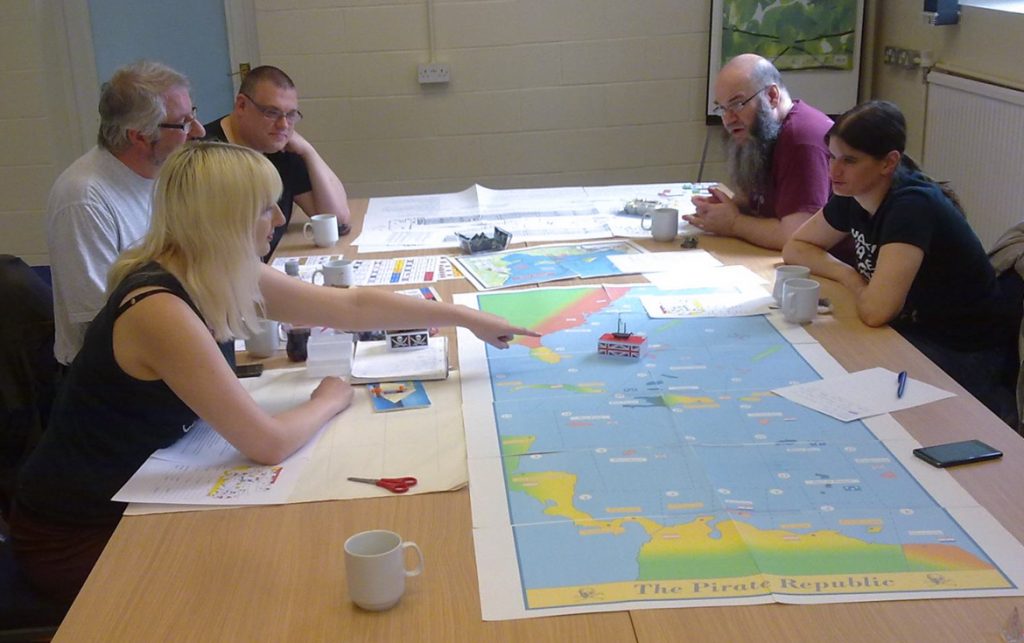
Secondly, if you run it far enough in advance, you have time to create errata for your rule book or put together any extra quick reference sheets you might need. The session should ideally be held around three weeks before your game, giving you time to write up any changes needed and distribute to players and Control.
Finally, it’s a good last-minute playtest for your game. Hopefully you will have playtested all your main mechanics, but by discussing the entire game with your Control team and drilling into the details, you may spot any glaring errors or small oversights.
And there’s no reason why this briefing has to be restricted to Control only! Invite along enthusiastic players – they will also have a firmer handle on the mechanics on game day, and you can just ask them to step out of the room if you need to discuss any secret roles or the overarching game plot.
3. On-the-day demos
These are growing increasingly popular, and while I’ve never managed to include one for the games that I’ve run (I try to squeeze too many turns in), they’re a fantastic way to get people up to speed faster on game day.
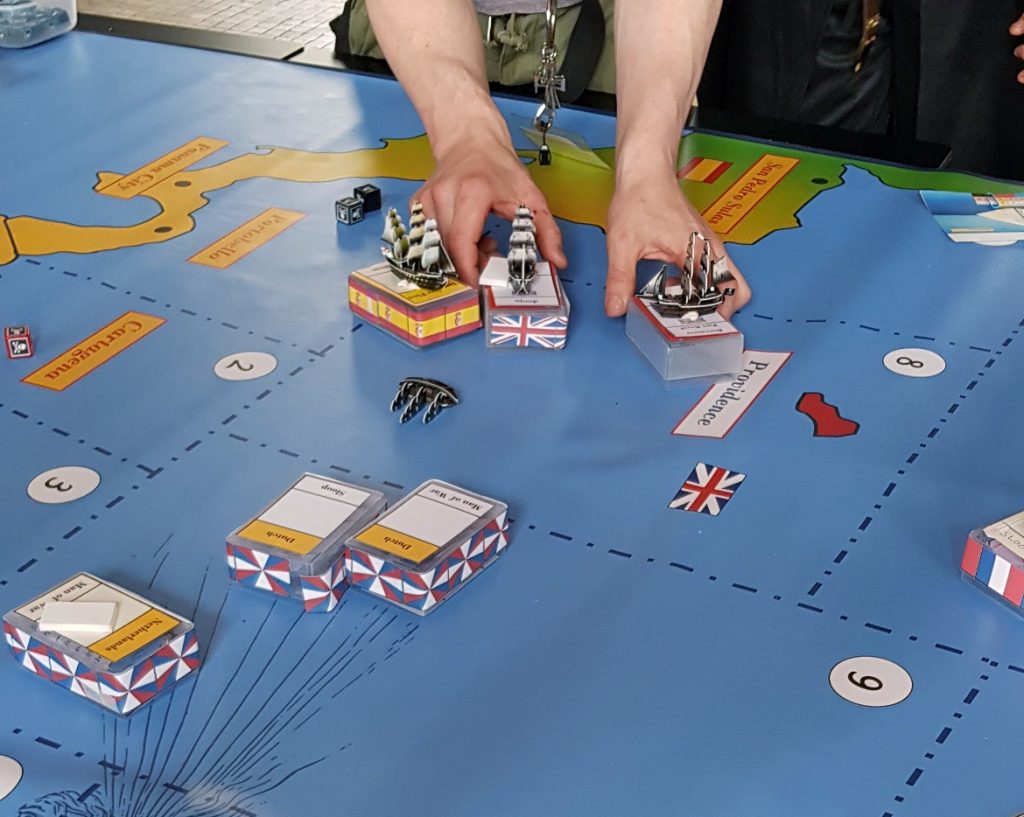
It’s important to consider the logistics of this, however. If you are asking 50 players to crowd around a single map, chances are a fair few of them won’t be able to see or hear you clearly. Consider using multiple maps and Control to do it in smaller groups. If you have clearly segmented roles (e.g. a map player, council player and trade player on each team), then you can run demos concurrently. However, if you have more fluid roles where the players may end up doing any number of things, then the concurrent demos suggestion won’t be feasible.
Even if you don’t have time for a full demo on the day, a good compromise is to lengthen your first turn. That way, Control can work through any mechanical elements slower than normal, and it avoids the issue of later action phases dragging when players have become really familiar with rules.
4. Mechanics videos
Another way to improve how well players learn your rules is by distributing video demonstrations of some of the key elements of the game. These don’t need to be super flashy productions – just film yourself working through the key mechanics, using the exact counters and cards you’ll be using on the game day. Here’s a great example from Alex Beck’s game, Mirrorshades:
Ideally you would release this around the same time you release your handbook. You’ll also want to be clear about what exactly the video covers, because usually they are more of a supplement to the main rules, and players will also need to read the handbook in full.
Other than the time commitment, which isn’t insignificant, there’s no real reason that you couldn’t produce other game materials in video format, such as setting documentation.
5. New game announcements and ticketing
Let’s step back to the beginning of your megagame planning. It isn’t uncommon in the megagame community for tickets to be released at the same time as the game is announced. This is disadvantageous for a number of reasons.
For players who may be on a tighter budget, it can be difficult to know whether they can afford to attend a game immediately after it is announced. This means that these players would be more likely to miss out on game signups. This is also true for players who would be travelling for the game and incurring additional transport and accommodation costs.
This method also penalises players who work jobs without access to social media or their emails, as they may miss the announcement and find the game is already full by the time they go to subscribe.
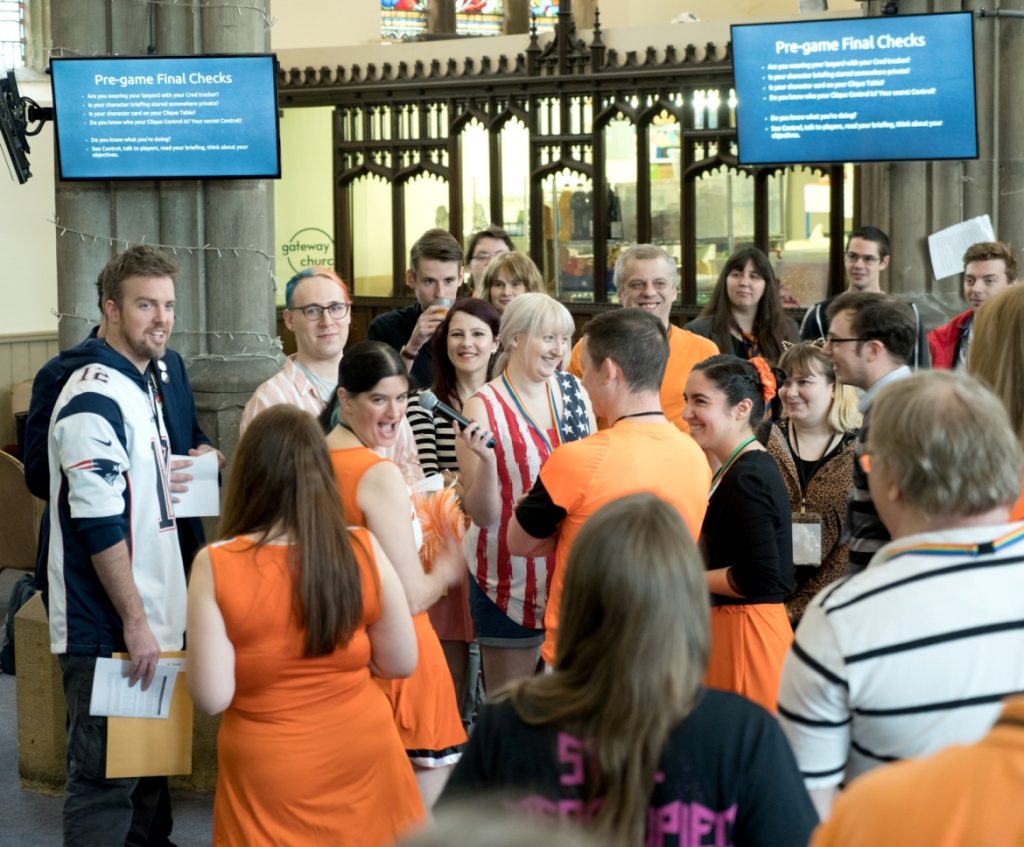
Even if you aren’t charging at the point of signup, there are disadvantages. If potential players see a lot of interest in the game immediately after release, they might sign up to bag a place, only to realise later that they aren’t as interested in the game as they originally thought. This could lead to a higher proportion of dropouts when you ask for payment.
A better plan would be to announce your game name and date and direct people to a place to register interest for updates, such as a mailing list or Facebook event. And – this is key – make it clear when tickets will go on sale, ideally down to the hour. In the mean time, you can send people setting info and fluff to help them work out whether the game is for them.
You could even give those on your mailing list prior access to tickets. I gave everyone on my mailing list for Trope High priority access to tickets for 72 hours, and I’d sold over half my tickets by the time that ended.
6. Respecting and rewarding your Control
Megagames simply could not take place without Control. They are one of the most important parts of the megagame infrastructure. I’ll probably do a future post on how to nurture a good Control team for your games, but it comes down to making sure you both respect and reward them for the excellent service they do you.
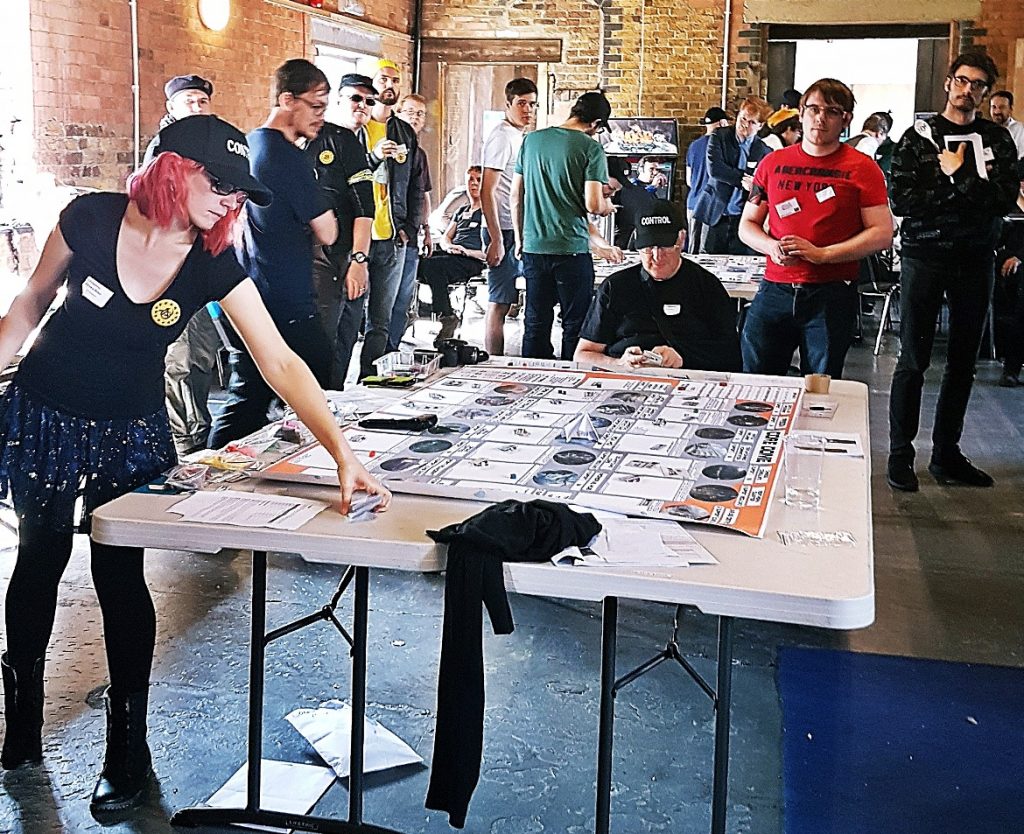
Generally the megagame community doesn’t pay Control, but they should be treated like professionals. This means giving them the game materials in good time and communicating with them promptly regarding timings. The Control briefing suggested above, while being an additional commitment for Control, helps them feel more prepared and supported in advance of game day.
In terms of rewards, a sincere thank you goes a really long way. Remember to mention them in both your opening and closing briefs, and send them an email after the game as well. A round of drinks in the pub after the game, or even a meal if the megagame budget stretches that far, will be much appreciated as well. And if anyone goes above and beyond for you, make it clear that you recognise that.
But the best way you can reward your Control? Help them with their games (or other projects outside megagames, if they aren’t a designer). Be there to bounce ideas off of, give your input at their playtests, and volunteer to act as Control for their games!
7. Tea and Coffee
You want your players to be refreshed and alert. So supply them with drinks. Most games ask players to bring their own food, but make sure that tea and coffee making facilities are available, as well as tap water.
Many venues will supply this for a nominal value, or will at least supply the hot water urns if you pick up some teabags and a bottle of milk. It’s a small touch that can often go a long way.
8. Player Liaison
Sometimes known as New Player Control or New Player Liaison, this Control role is seeing increased prominence at megagames. Put simply, this player’s job is to manage the personal and interpersonal issues that can arise at megagames.

A lot of the time, this will be supporting megagamers attending their first or second game, and helping them get up to speed with the slightly unintuitive way that megagames function.
The best way I’ve seen this being done is by Matty Robinson, who held a pre-game briefing for all the new players to personally introduce herself to the new players. This made sure she knew their faces and they knew who she was as well. She could then proactively go around and check in with all of the new players on a regular basis, as well as making it clear that players can come to her at any time.
But Player Liaison can also be very helpful should any serious disputes take place at a game. Game Control can’t always step away from the entire game to handle things like that, as they have the enjoyment of the room as a whole to focus on, so having a Control member who is there to resolve non-game issues can be a real help.
For this reason, the person you choose as Player Liaison should be highly approachable and empathetic. Casting your Player Liaison can be a challenge but, done well, it can really help your new players come out of their shells and make their mark on your game and future games to come!
9. Code of Conduct
On an interpersonal note, it might be a good idea to create a code of conduct for your game or megagame group.
This document will make it clear to attendees what sorts of behaviours are and aren’t acceptable at games. Since megagames can be fast-paced enviornments where emotions run high, it’s not unknown for tempers to fray and boundaries to be overstepped. Making the limits clear in advance of the game can help reduce the frequency of negative incidents, as well as making it easier for players and Control to know how to react if something does go awry.
The presence of a code of conduct also signals the attitude of a group to those who may feel apprehensive about attending. Of course, this doesn’t mean a lot if the code of conduct isn’t acted on, so you’ll need to think through properly about how you will implement the guidelines you lay out.
This should ideally be backed up by a mention in the opening briefing, in terms of what sorts of language are acceptable (including what separates in-character speech and out-of-character speech), whether any physicality is acceptable (and how to confirm consent if any is), and who should be sought out in the case of issues (ideally your Player Liaison!).
10. Book the pub
The informal debrief in the pub after a game is often called the “real debrief”.
Make sure you call up the pub you’re planning on heading to for the debrief and book an area. If you’re unsure how many people will go, I tend to go with 50% of the player count. This way, you’ll a) know the pub is definitely open and b) won’t end up with small groups split all across a busy pub.

It’s also a good idea to be clever with your pub choice – choose a bigger bar, even if the drinks are a bit crappier. I’d also always recommend choosing a pub that does food – and warn them you’ll be bringing a lot of hungry people!
Finally, tell everyone in advance what pub you’re heading to after the game. It will help with anyone who needs to plan journeys home or check out food menus ahead of time.
Over to you
What do you think of my ten suggestions? Do you think they’re essentials for megagames, nice-to-haves, or terrible ideas?
And what else would you add to the list?
Due to the coronavirus pandemic, I don’t have any megagames on the agenda at the moment, but I will be speaking at the True North Megagame Design Symposium, Megagames in the Future, on the topic “Megagames in 2030” on Saturday 30th May on Discord. Come along!
